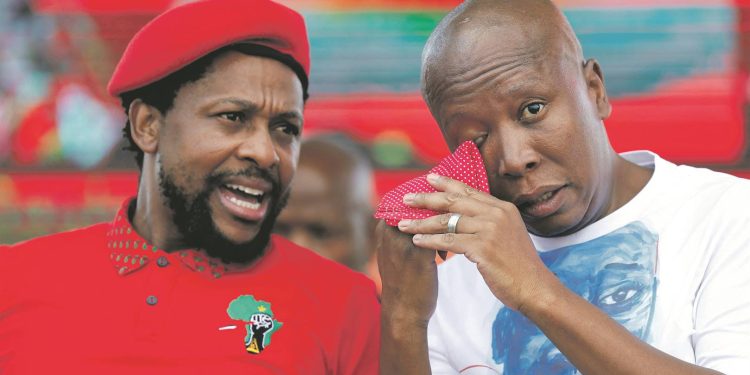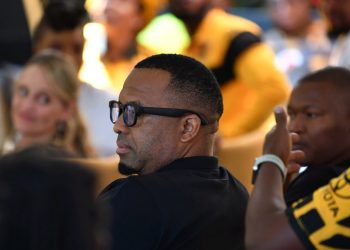- Dr. Mbuyiseni Ndlozi, a senior EFF member, cautioned against framing the 2026 elections as a contest between Julius Malema and Jacob Zuma, urging the party to avoid divisive rhetoric and focus on issues affecting South Africans.
- Speaking at an internal session, Ndlozi emphasized that focusing on personalities could harm the EFF’s core mission of economic justice and addressing poverty, unemployment, and inadequate service delivery.
- Political experts see Ndlozi’s remarks as a timely reminder for the EFF to prioritize policy over rivalry, as the MK Party, aligned with Zuma’s faction, gains traction among disillusioned voters.
Dr. Mbuyiseni Ndlozi, senior member of the Economic Freedom Fighters (EFF) and former spokesperson, recently cautioned against reducing South Africa’s 2026 local elections to a personal showdown between prominent opposition figures. In a direct critique, he argued that framing the election as a contest between EFF Commander-in-Chief Julius Malema and former President Jacob Zuma, or between the EFF and the newly formed MK Party, would be counterproductive. He called this narrative a “stupid move” that risks undermining the credibility of opposition politics.
Speaking openly during an internal party session, Ndlozi underscored the importance of focusing on critical issues plaguing South African communities, such as poverty, high unemployment, and inadequate services. He warned EFF members to resist sensationalist rhetoric, which he argued could obscure the party’s fundamental mission to advocate for economic justice and support disenfranchised citizens.
“Fighters, don’t tell me we’re going into these elections under the banner of CIC versus Zuma or MK vs EFF,” Ndlozi emphasized, addressing concerns that some members were adopting a divisive, rivalry-centered approach. “We must prioritize the needs of our people, not personal vendettas or political rivalries.”
As South Africa’s opposition landscape becomes increasingly fragmented, with the rise of new parties like the MK Party—established by former ANC members aligned with Zuma—analysts note an intensifying competition for influence among disenfranchised voters. The MK Party has gained public attention with its critique of both the ANC and the EFF, presenting itself as a fresh voice for those disillusioned with the status quo. This rivalry has led some to perceive the EFF and MK Party as opponents, competing for similar voter bases.
Ndlozi’s comments appear to be a call for unity within the EFF, along with a recognition of the MK Party’s emerging presence. He suggested that reducing the campaign to personality clashes could weaken the broader opposition’s ability to hold the ruling ANC accountable on issues that matter to South Africans.
“South Africans want answers to their problems, not to be spectators in a political grudge match,” Ndlozi asserted. “Let’s remember who we are fighting for.”
Political experts believe Ndlozi’s remarks are a timely reminder that the EFF’s campaign must focus on solutions that resonate with the electorate. Observers argue that a policy-centered approach, instead of rivalry, will likely appeal to voters frustrated by slow progress in economic reform and social development.
The 2026 local elections are expected to be crucial, as parties vie for influence in councils nationwide. Ndlozi’s call reflects a growing sentiment within the EFF that the party must rise above distractions to maintain its position as a credible alternative to the ANC.






















